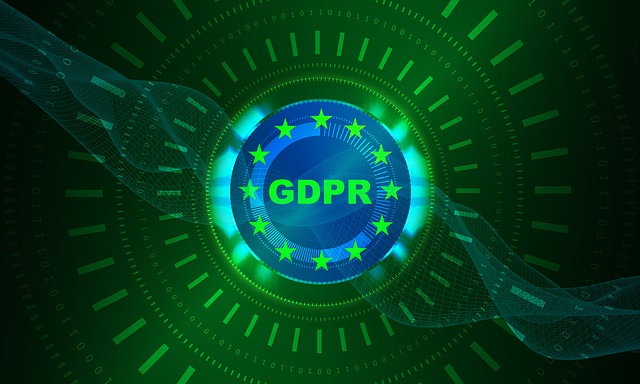SECURING CLIENT-LAWYER COMMUNICATION IN THE NEW DATA PROTECTION ERA
Blog post by Ioanna Zacharopoulou, Trainee at LexDellmeier IP Law Firm
In light of the new General Data Protection Regulation (95/46/EU), which will be enforceable from 25 May 2018, the Council of Bars and Law Societies in Europe (CCBE) and the Munich Bar Association both published rough guidelines regarding the steps every law office should take in order to comply with the new rules set by the EU. Aim of the Regulation is to further unify and simplify the legal status quo in the EU, this time by setting the lawyer-client relationship in the center of attention.

Source: Pixabay
Protecting and ensuring the confidentiality between the lawyer and the client is the key in finding eligible solutions - both on technical and legal level – on the matter of data protection. What is critical is finding a balance between professional secrecy and governmental surveillance especially when the latter of which could lead to unwanted third-party interference. The bearers of such responsibility are first and foremost the law firms, who have to take measures to safeguard their professionalism, whilst providing a safer communication environment. Weiterlesen über SECURING CLIENT-LAWYER COMMUNICATION IN THE NEW DATA PROTECTION ERA
